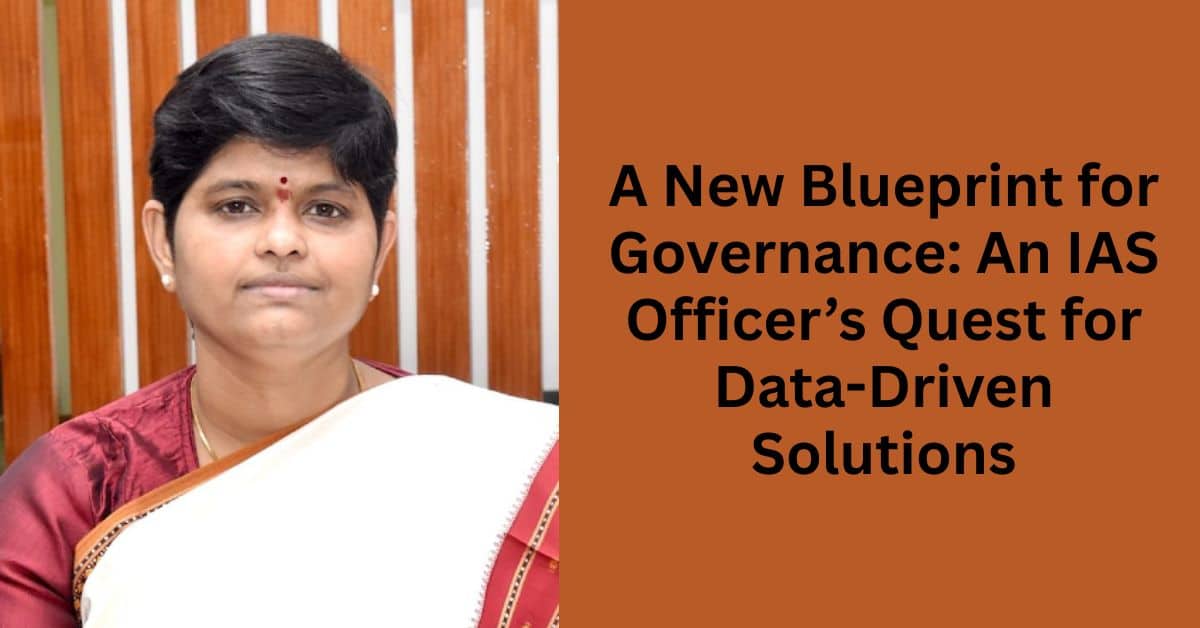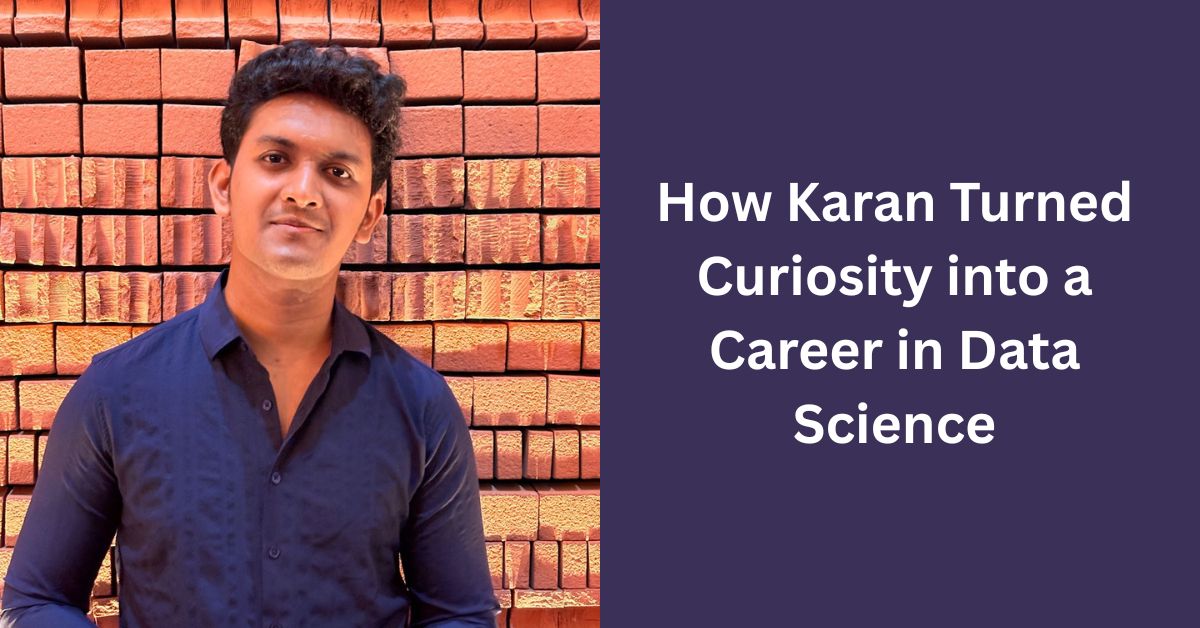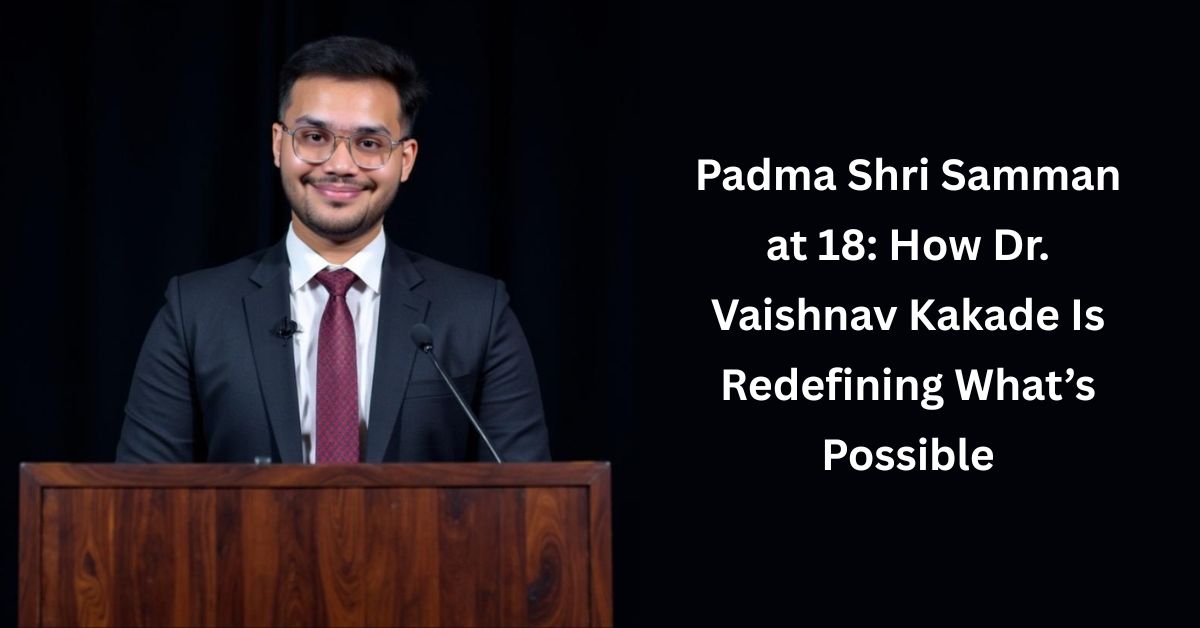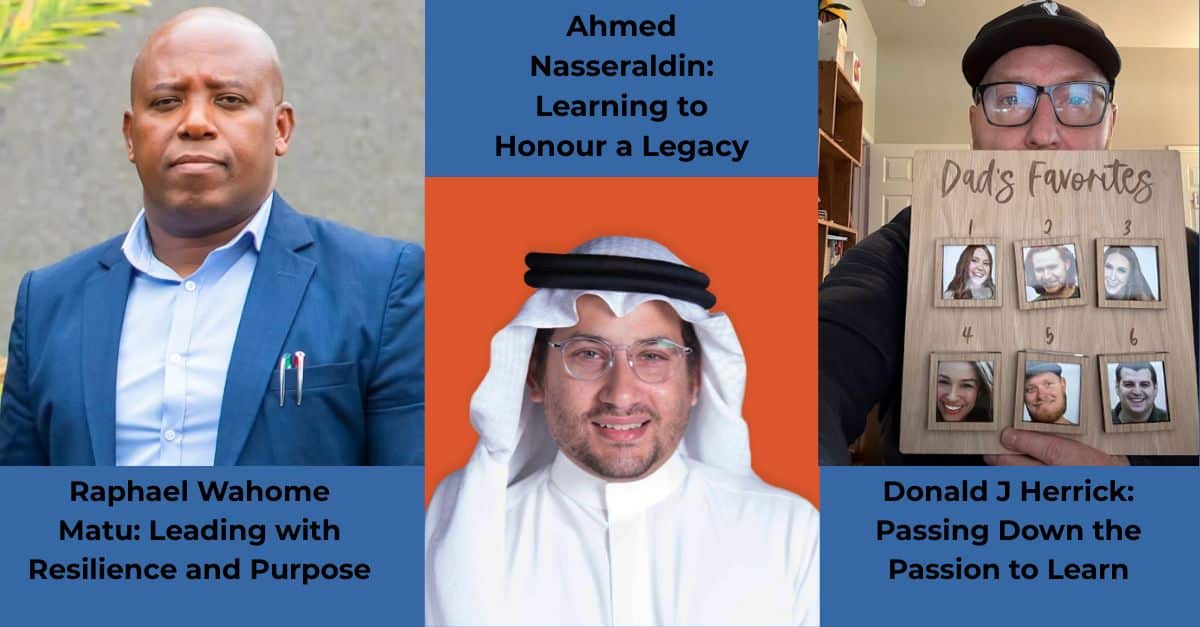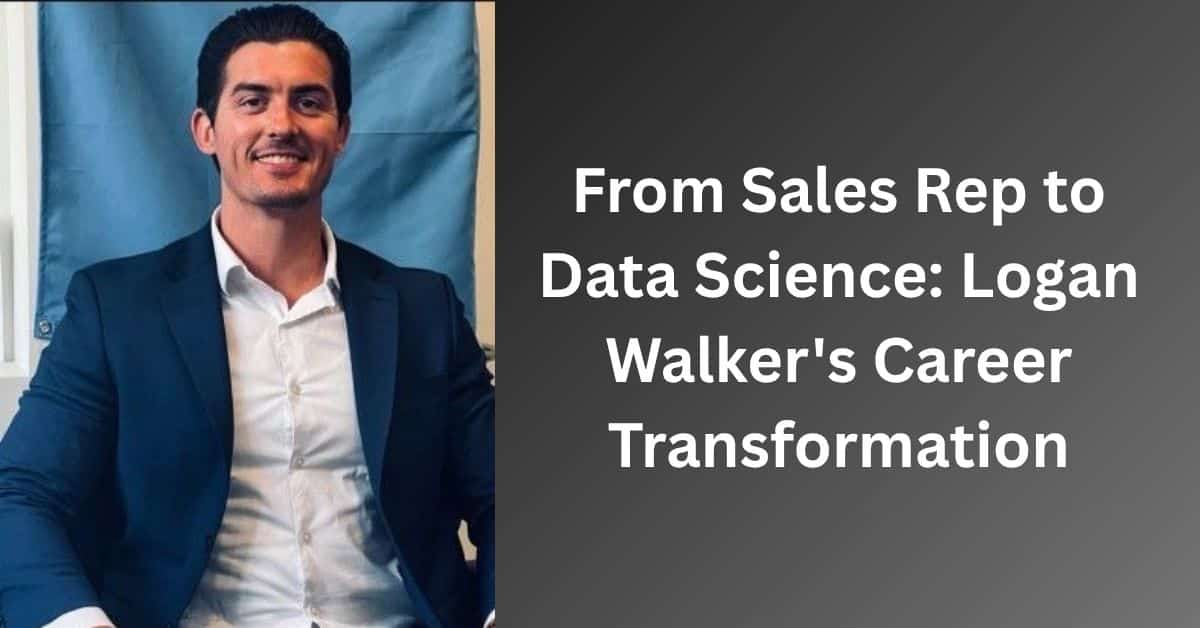In the bustling heart of Tamil Nadu, where policy meets the pulse of public life, P. Ramana Saraswathi stands as a beacon of change. As an IAS officer with over two decades of dedicated service, she has navigated the intricate corridors of governance, witnessing firsthand the challenges and triumphs of public administration. Yet, beneath her impressive achievements lies a restless spirit–one that seeks not only to adapt to the rapidly shifting landscape of technology but to harness its power for the greater good of society.
The need to adapt and grow to lead better
Ramana’s path was not always clear. With a background in Chemical Engineering, she initially envisioned a traditional career rooted in science and technology. However, as she ventured into public service, her focus shifted. Over the past two decades, she has immersed herself in various roles, climbing the ranks and influencing critical governance initiatives. From implementing the SmartCard system for the Public Distribution System to developing eSevai, a digital citizen service platform, her work has always been underpinned by a desire to improve the lives of others.

But like many leaders in public service, Ramana encountered challenges that compelled her to reconsider her approach to governance. The fast-paced evolution of technology and the increasing reliance on data for effective decision-making were shifts she could not ignore. “The world is constantly changing. To lead effectively, I realized I needed to adapt and grow with it,” she says, reflecting on the moment that changed her perspective.
The realization and the decision
It was during a planning meeting for a new initiative that the importance of data crystallized for Ramana. Discussions centered around optimizing the Public Distribution System, and ideas flowed effortlessly. Yet, it became evident that the team was relying on intuition rather than concrete data. “That moment struck me hard. I knew if we wanted to make impactful decisions, we needed to harness the power of data,” she recalls.
Determined to bridge this gap, Ramana made a crucial decision: she would pursue an MTech in Data Science at SRM Institute of Science and Technology (SRMIST), in collaboration with Great Learning. This choice was not merely academic; it was a deliberate step towards empowering herself to transform governance.
A journey of learning and application
Enrolling in the program was just the beginning. Balancing her demanding role with the rigors of academia was no small feat. However, she embraced the challenge wholeheartedly. Late nights were spent poring over data sets, learning the intricacies of predictive modeling, and exploring AI applications in governance. Every new concept became a building block for her vision of a more effective administration.
“Data isn’t just numbers; it’s a narrative waiting to be told,” she explains, her enthusiasm palpable. Through her studies, she began to envision innovative solutions for the pressing issues facing public services. She imagined using predictive analytics to identify disaster-prone districts, ensuring more proactive measures to save lives.
Using data and AI to serve citizens better
The application of her newfound knowledge extends beyond theory. In her role at TANFINET, she’s eager to implement data-driven strategies that enhance service delivery across sectors like healthcare and education. “With the right insights, we can allocate resources more efficiently, tackle inequalities, and ultimately serve our citizens better,” she emphasizes.
Her research interests in educational technology further illustrate her dedication to equity. Ramana is exploring AI-driven models to understand and combat school dropout rates, particularly in marginalized communities. “Every child deserves a chance, and data can help ensure that chance is equitable,” she asserts passionately.
Her commitment to sustainability also shines through in her plans to utilize data science for environmental governance. By monitoring industrial pollution and enforcing compliance through machine learning models, she hopes to contribute to a cleaner, healthier environment for future generations.
The future of public service is here
As Ramana looks ahead, her mission is clear: to integrate data science into the fabric of governance. “This journey is about more than just my learning; it’s about reshaping how we govern in a digital age.”
She envisions a future where every decision made in the public sector is informed by accurate data and analytical insights. With the increasing importance of data literacy, Ramana is committed to not only enhancing her skills but also inspiring her colleagues to embrace this transformative shift.
“Governance must evolve. It’s our duty to adapt, innovate, and leverage data for the betterment of society. The future of public service is here, and it’s powered by data,” she concludes, embodying the hope and determination of a leader poised to drive change.
